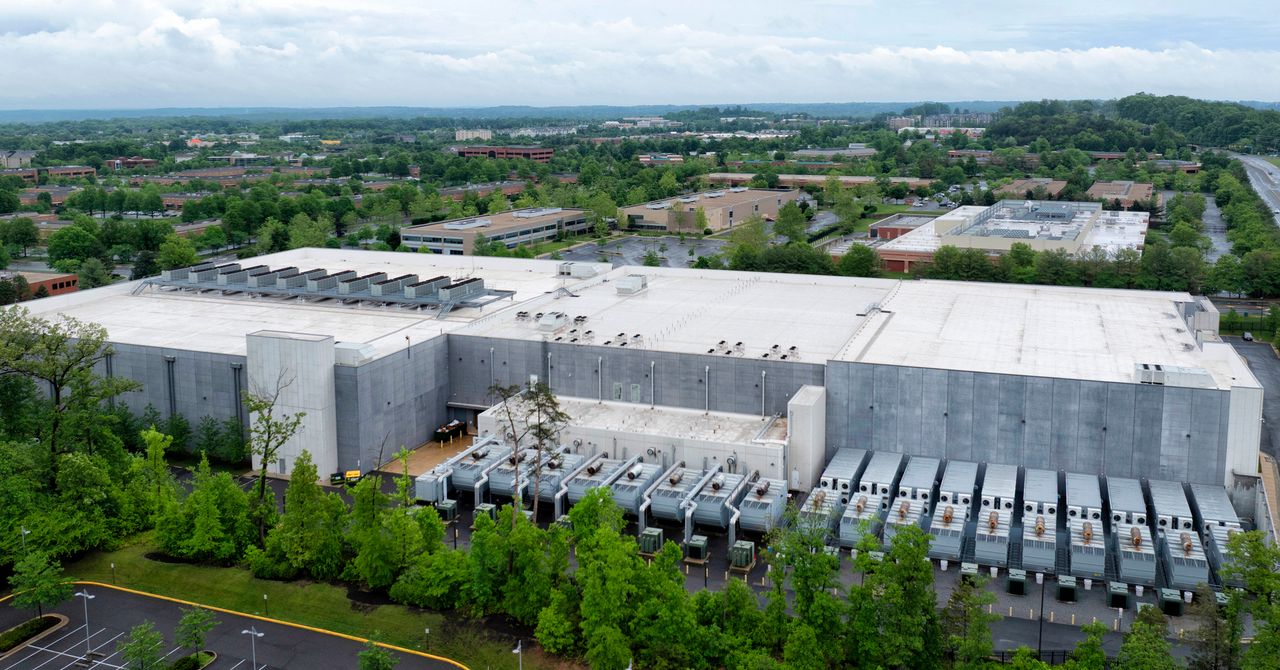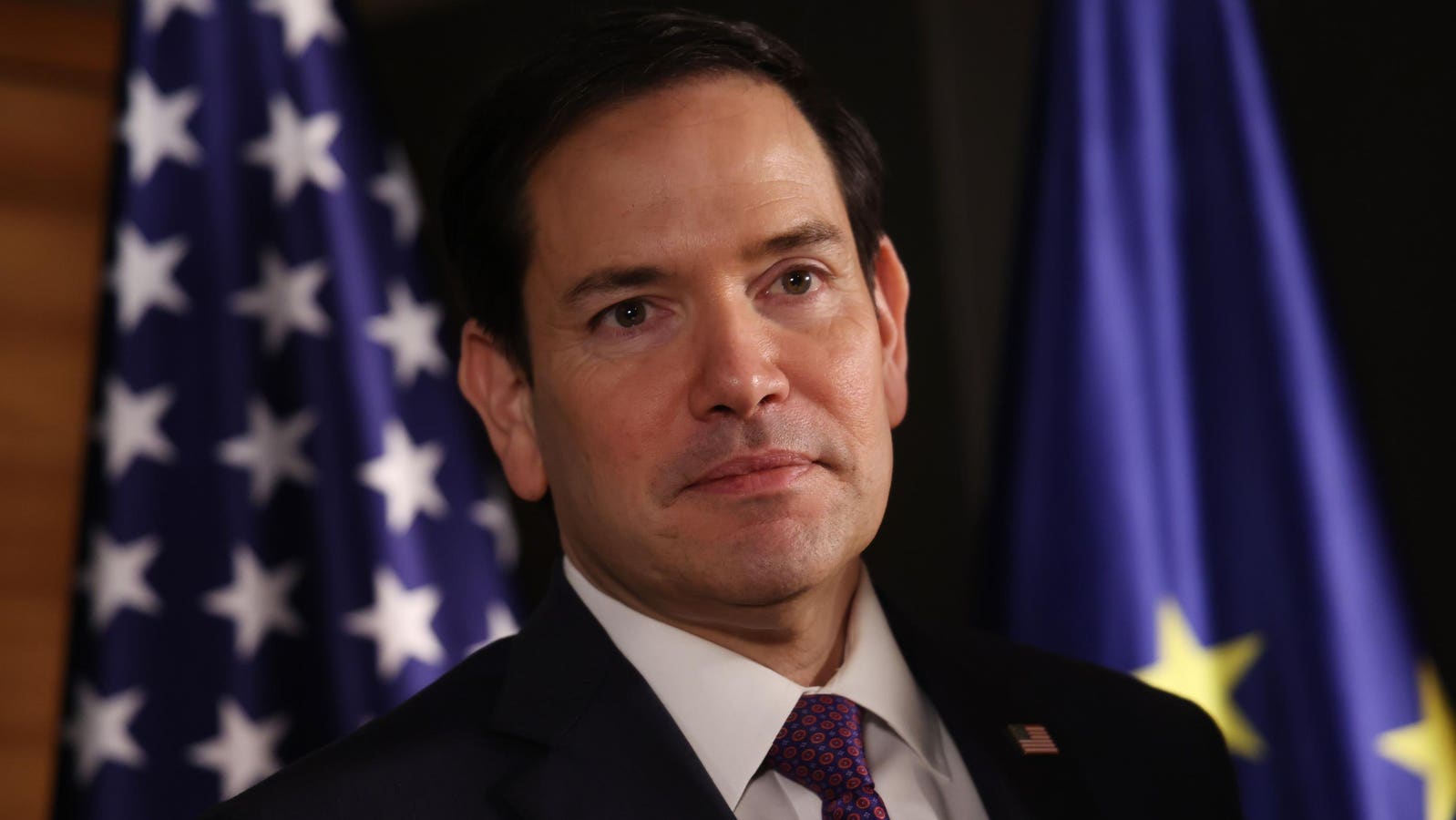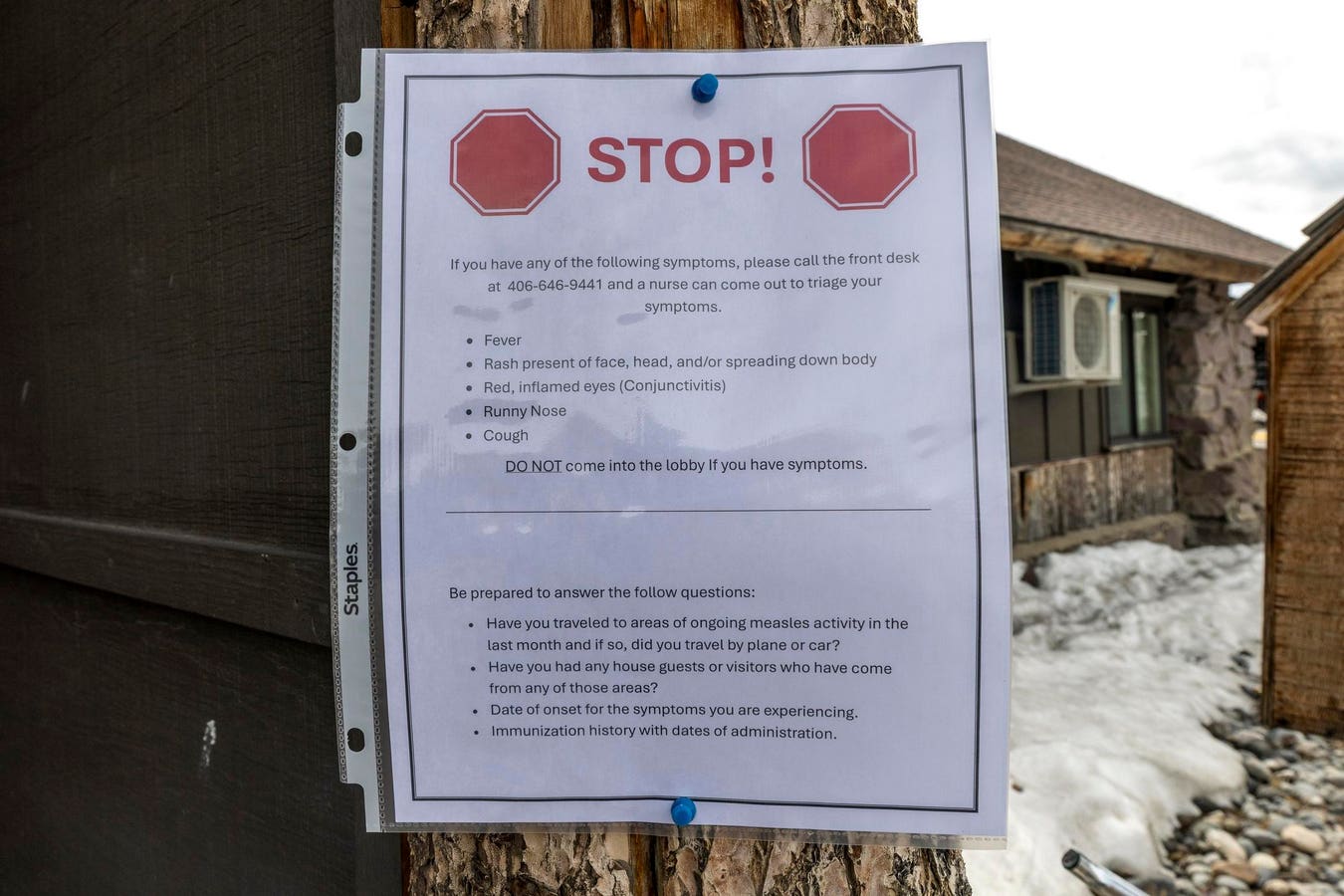“I think it’s the right policy, for us to take a national standard,” they said.
While the intent of the AI moratorium may not have been to regulate physical infrastructure, the reaction from Massie illustrates just how much of a hot-button issue data centers are becoming across the country.
The rapid growth in the number of data centers across the US has seen a corresponding rise in local pushback against them. While the projects bring in tax dollars, they often use massive amounts of electricity and water. A recent BloombergNEF analysis found that AI’s electricity demand in the US is expected to triple by 2035, while in Virginia data centers currently use as much electricity as 60 percent of the households in the state.
A recent report from Data Center Watch, a project run by AI intelligence firm 10a Labs, found that local opposition to data centers has blocked or delayed their development in many places across the country over the past two years, with Data Center Watch counting more than 140 activist groups working across 24 states. The report noted that pushback against data center construction is “bipartisan,” with both Republican and Democratic politicians making public statements opposing data centers in their districts.
“From noise and water usage to power demands and property values, server farms have become a new target in the broader backlash against large-scale development,” the report notes. “The landscape of local resistance is shifting—and data centers are squarely in the crosshairs.”
In Virginia, data centers have already reshaped political battle lines: In Prince William County in 2023, the chair of county supervisors was ousted in 2023 following community opposition to a new data center complex. Data centers also played a starring role at a recent debate for the Republican primary for Virginia’s 21st state House district, with candidates focusing on issues around tax rates and zoning for data centers.
Whoever wins that Republican primary later this month will face incumbent Josh Thomas, a Democrat, in the election for the seat in November. Thomas says that data centers have become a front-and-center issue since he took office in 2022.
“I wanted to run to help give families a place to live and help women keep their reproductive rights, but turns out, data centers ended up being local issue number one,” he says. Thomas has filed several pieces of legislation around data center growth since taking office; one passed with bipartisan support this spring but was vetoed by Governor Glenn Youngkin.
The AI moratorium in the megabill, sources tell WIRED, was spearheaded in the House Energy and Commerce Committee by Representative Jay Obernolte, a California Republican. Obernolte is the chair of the bipartisan House Task Force on Artificial Intelligence, which worked over the course of 2024 to form policy recommendations for how to sponsor and address the growth of AI at the federal level. While the group’s final report did not mention state-level data center laws specifically, it did acknowledge the “challenges” of AI’s high energy demand and made recommendations around energy consumption, including strengthening “efforts to track and project AI data center power usage.”
In March, Obernolte described the recommendations in the Task Force’s report as a “future checklist” at an event hosted in March by the Cato Institute, a right-wing think tank. Obernolte, who said at the event that he had conferred with White House advisers including Sacks on AI policy, also said that states were “acting on their own” with regards to legislating AI models—a situation, he added, that made it imperative for Congress to begin regulating AI as soon as possible.
“We need to make it clear to the states what the guardrails are,” Obernolte said. “We need to do this all at once.”
It’s not clear if the moratorium will survive the Senate. On Friday, Punchbowl News reported that Senator Josh Hawley, a Missouri Republican, will work with Democrats to remove the AI moratorium from the final bill text.








